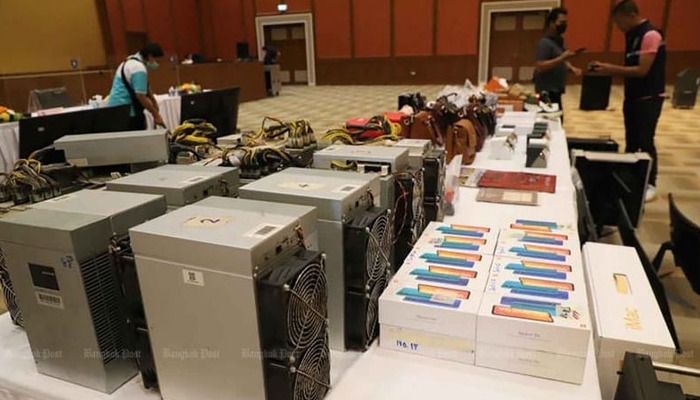
Crypto exchanges’ multiple roles raise conflict worries
Cryptocurrency trading platforms have a little secret: they masquerade as “exchanges” but, most of the time, they’re actually brokers.
In almost all respects, these digital assets exchanges are radically different from traditional stock bourses, despite having names that suggest they are replicas of the marketplaces that exist for equities and other securities.
In reality — and unlike conventional stock exchanges — trading platforms for Bitcoin and other digital assets do much more than just provide an electronic platform for investors to buy and sell securities. They provide safekeeping, handle client funds, act as a counterparty to trades, and — more recently — have started to lend and borrow.
And, according to Simon Forster and Duncan Trenholme, co-heads of digital assets at broker TP ICAP: “If you have an exchange that does custody, staking, lending and borrowing . . . it looks like a broker or a bank.”











